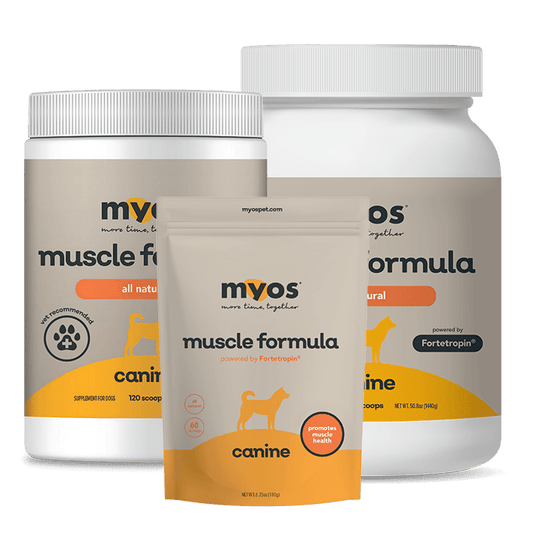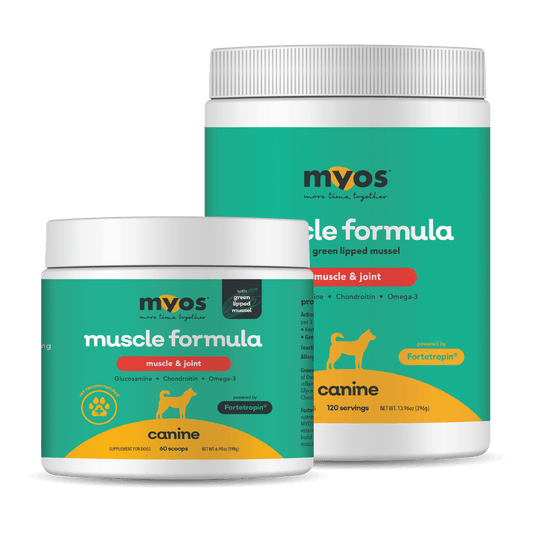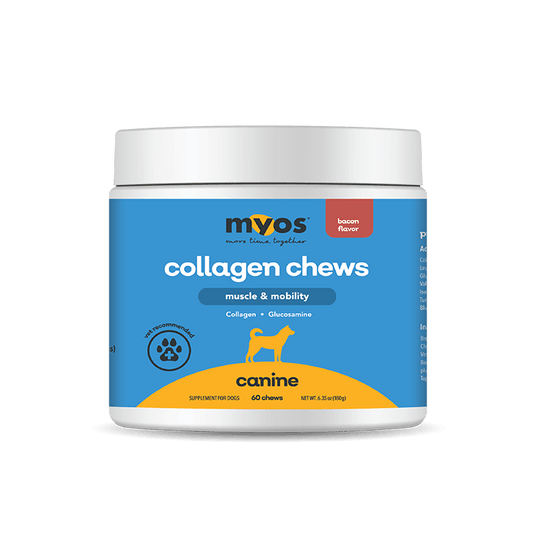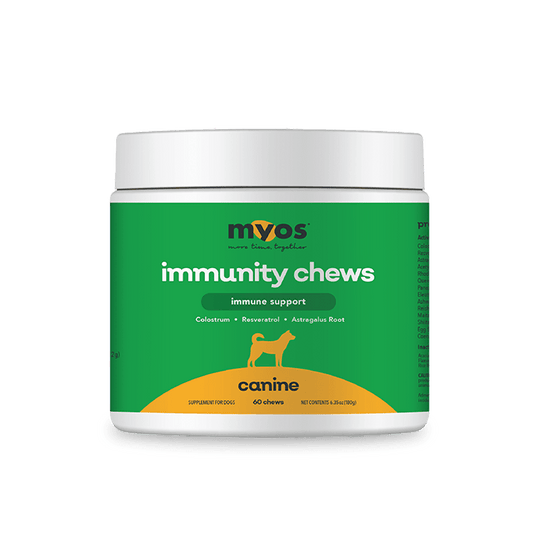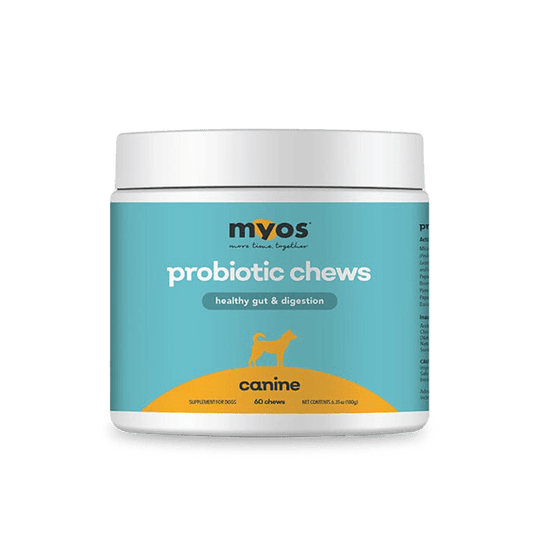For older dogs, recovering from surgery is hard. Even younger dogs can have a difficult time overcoming surgeries. Once you get your pup home, preventing muscle atrophy in dogs post surgery should be top of mind during the healing process, in addition to all your affection and attention, of course.
So, what can you do to help them recover? Let’s take a look.
What is Muscle Atrophy?
Muscle atrophy (or wasting) in dogs can occur for a variety of different reasons. For instance, pain will lead to atrophy—if your pup injures a knee, for example, or has arthritis, then he/she is likely to be in pain. That pain can cause the muscle to not fully turn on, leading to weakness and atrophy.
Another reason is disuse. In canines, leg and foot surgeries are among those that require a prolonged recovery time. If your dog is limping and not using a limb, those unused muscles may result in atrophy over time. This scenario tends to happen because of an injury, surgery, or arthritis. On a larger scale, generalized muscular atrophy of the whole body could be due to restricted activity or crate rest post surgery.
How Do I Help My Dog Prevent Muscle Atrophy Post Surgery?
We’re sure that you’re concerned and want to know if your dog’s muscles will return to normal after surgery. Assuming your dog's muscle atrophy wasn’t caused by any underlying medical conditions prior to the surgery (a visit to the vet can rule that out), a regimen of proper recovery techniques (such as massage) and nutrition can greatly decrease a dog’s chance of developing muscular atrophy. Note: Always follow your vet’s directions to the letter when helping your dog recover after surgery.
When a dog is given only crate rest and a progressive walking regimen to recuperate after surgery, muscle atrophy and inhibition continue. As soon as the lameness goes away, some muscle will undoubtedly regain some of its strength, but it will never return to normal on its own.
Read More: Muscle Atrophy in Dogs: How to Support Your Pup
In addition to daily nutrition and exercise, your veterinarian may also suggest a natural muscle-boosting supplement, MYOS Canine Muscle Formula®, to aid in muscle atrophy treatment. A first of its kind, MYOS Canine Muscle Formula has been found to reduce muscle atrophy after surgery and improve the success rate of recovery post TPLO surgery.
We’ve dedicated many years of research to find the best natural way to support muscle health, and what we’ve developed is completely improving post-surgery conditions. Find out more on American Veterinarian: “New Supplement Addresses Muscle Atrophy in Dogs.”
Vet Approved Canine Boosting Supplement
Dr. Albert Ahn, DVM reviews a canine muscle-boosting supplement (MYOS Canine Muscle Formula)— ideal for senior dogs, dogs experiencing muscle atrophy, or dogs undergoing surgery.
For over 25 years as a veterinarian, Dr. Albert Ahn, DVM has seen both older pets and pets recovering from orthopedic surgeries experience significant muscle loss.
“This is really problematic for those that can't do many of the things that they're normally used to doing, such as going for long walks, jumping up on the bed, jumping onto the couch, and going up and down stairs. All of these activities can adversely affect muscle loss.”
“There's a new product, and I'm really, really happy with this innovation. It's an all-natural product that is made from fertilized egg yolk. It actually promotes muscle growth, and it also slows down muscle loss."
"I strongly recommend that patients consider using or asking their veterinarian about MYOS Canine Muscle Formula, particularly if their families had muscle loss or muscle atrophy. It will transform them and make them closer to their original, healthy selves.”
Combat Muscle Atrophy in Dogs After Surgery
When it comes time for recovery after surgery, use MYOS Canine Muscle Formula for the support your dog will need to recover quicker..
Find out more about MYOS Canine Muscle Formula, powered by Fortetropin®, to help support your dog’s muscle health.
Read More: 5 Reasons MYOS Canine Muscle Formula is Vet Recommended

